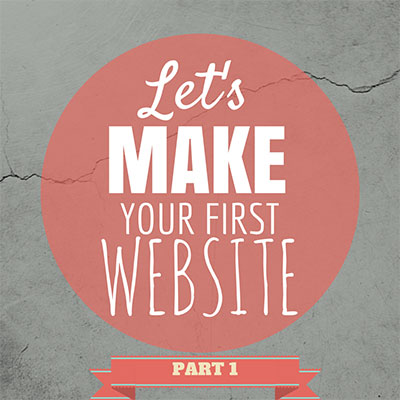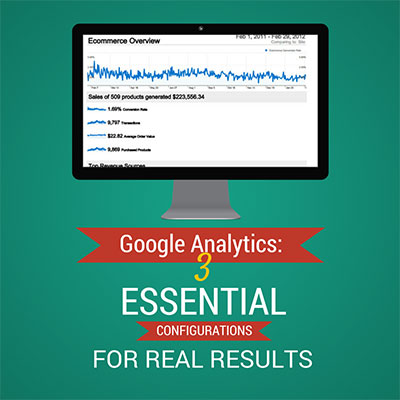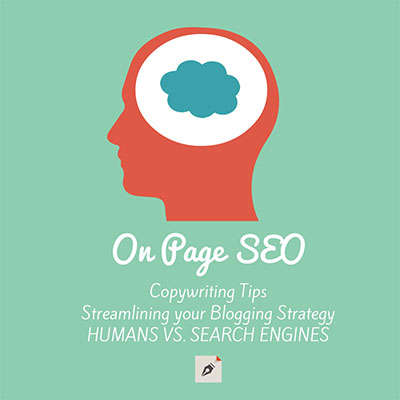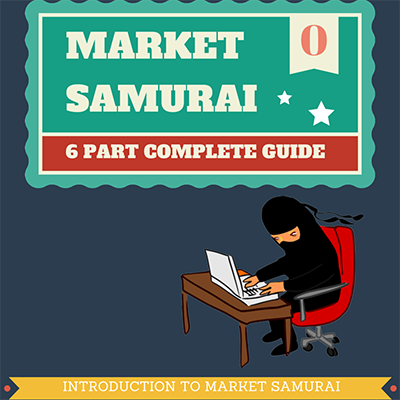Essential Articles to Start an Online Business
{"title":"Essential Articles to Start an Online Business","show_title":"1","post_type":"post","taxonomy":"","term":"","post_ids":"894,880,972,799","course_style":"recent","featured_style":"","masonry":"0","grid_columns":"clear4 col-md-3","column_width":"200","gutter":"30","grid_number":"1","infinite":"0","pagination":"0","grid_excerpt_length":"100","grid_lightbox":"0","grid_link":"0","css_class":"","container_css":"","custom_css":""}
How to Make a Website Even if You're an Absolute Beginner (in 10 minutes)
In 2009, I had no idea how to make a website. I didn't care whether it generated an income. All I...
What is Google Analytics and why use it? – 3 Bare Necessities for Setting up Google Analytics Effectively
December 31,2014 / Analytics / 0 CommentsGoogle Analytics (GA) has become an asset for literally every blog and business that has an...
On Page SEO Copywriting Tips – Streamlining your Blogging Strategy
December 30,2014 / Copywriting SEO / 2 CommentsSearch Engine Optimization (SEO) has evolved from a purely content ranked system to a social...
Market Samurai Review and Tutorial: The Best Keyword Research Tool Series
December 26,2014 / Keyword Research / 2 CommentsAttn: This Market Samurai review and video series tutorials are intended for those that...




